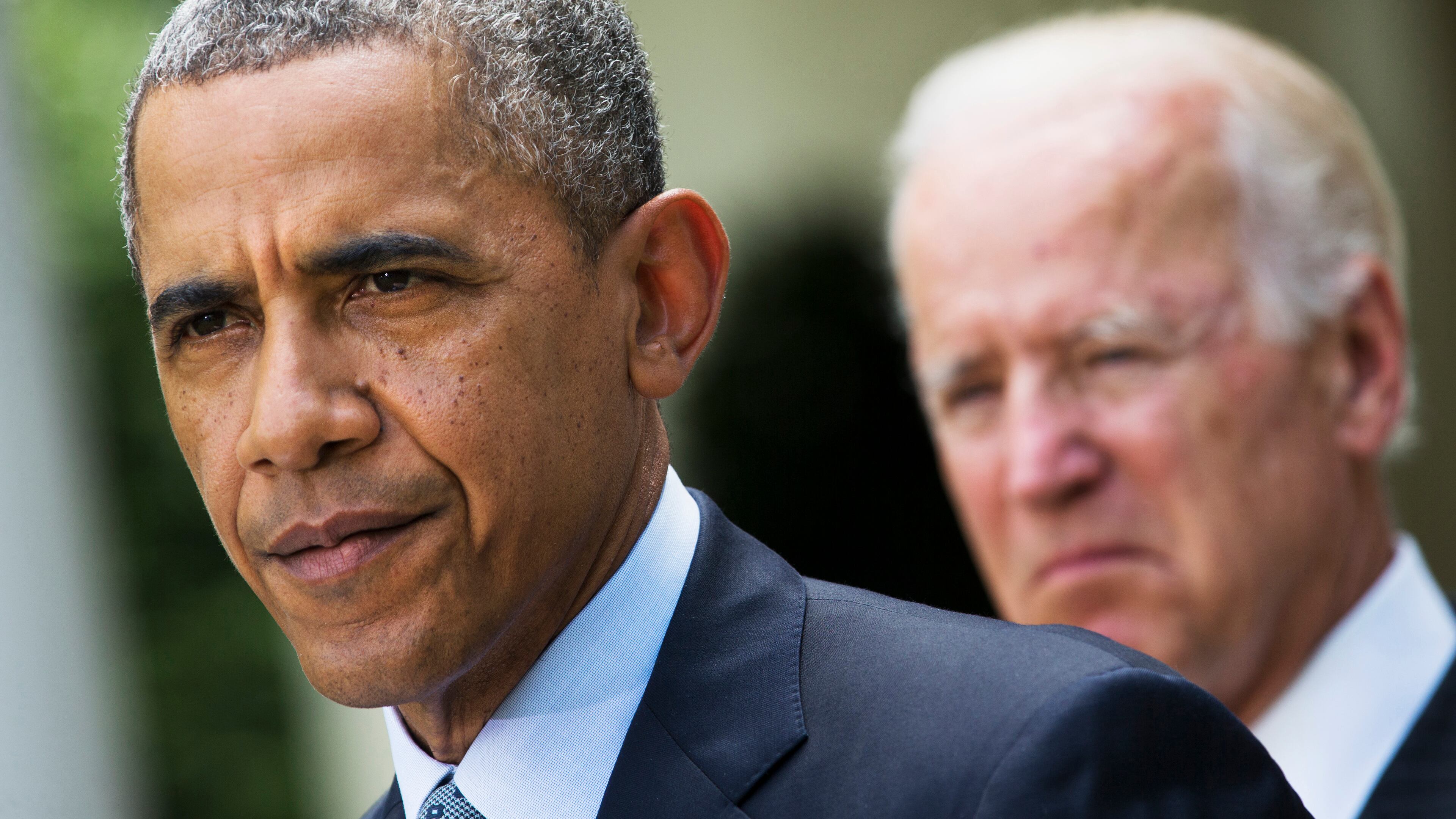Eight executive orders no more preposterous than Obama's action on immigration

1. There is widespread agreement that our corporate-income tax structure is broken, but there's less agreement about how to fix it. Accordingly, a future president could issue an executive order barring the IRS from prosecuting any company whose tax payment amounted to only 25 percent of its taxable income.
2. Republicans dislike the individual mandate in Obamacare on the grounds it is an intrusion on personal liberty; Democrats claim it is necessary to prevent a flood of people signing up for insurance only after they have become sick, creating a crisis for insurers. A future president could also issue an executive order directing the IRS not to audit anyone's claim that they have purchased insurance.
3. See No. 2, but substitute the employer mandate.
4. No one thinks our campaign-finance laws are effective, but there is great debate about how to fix them. A future president could issue an executive order that only political donations that exceed the current limit by a factor of at least 10 -- so, for the current limit of $2,600 per candidate per cycle, that would be $26,000 -- would be prosecuted.
5. There are those who believe exports of U.S. natural gas to Western Europe countries could help counter the economic leverage Russia holds over them, and those who disagree. Currently, the law restricts exports to countries with which the U.S. doesn't have a free trade agreement. A future president could tell Congress to "pass a bill" if it doesn't like his executive order immediately allowing any and all exports of natural gas without subjecting exporters to the current permitting process that applies to non-FTA countries.
6. The Renewable Fuel Standard, created by the Energy Policy Act of 2005, requires a rising volume of gasoline to include a blend of ethanol. Although this was done in the name of environmentalism, many people believe it is actually counter-productive; however, Congress has not repealed the RFS. A future president's executive order could reset the required volume to zero gallons of gasoline beginning in 2017.
7. Insider trading is a crime punishable by up to 20 years in prison and a fine of up to $5 million for an individual. Yet, some people argue that allowing insider trading would actually be a good thing because, among other reasons, it would lead to more accurate pricing for equities. A future president could defer indefinitely the prosecution of most inside traders via an executive order.
8. The Davis-Bacon Act requires contractors on federal projects, including federally funded highway projects, to pay the "locally prevailing wages" to workers if the contract is worth at least $2,000. In practice, this means they pay union wages; and this, critics say, raises the cost of federal projects at a time when budget constraints suggest we should be doing otherwise. But Congress has not acted, so a future president could issue an executive order saying the act would only be enforced on contracts of at least $2 billion -- until and unless Congress passes a bill to the contrary.
I could go on, but you get the idea. If you applauded President Obama's executive order deferring prosecution of some 5 million illegal immigrants but find yourself rabidly opposed to the above alternatives, you just might be guilty of adhering to your own biases more faithfully than to our system of representative government.
(Me? I don't think immigration or any of these other issues should be resolved by executive order.)
